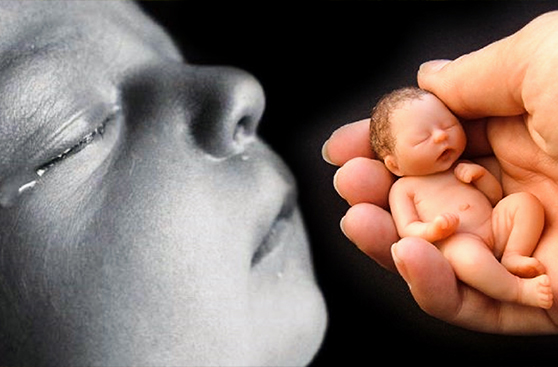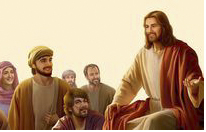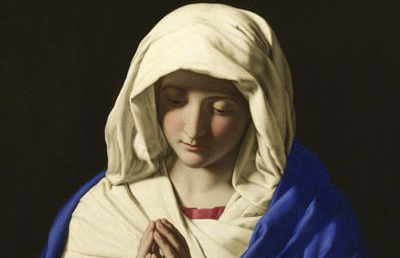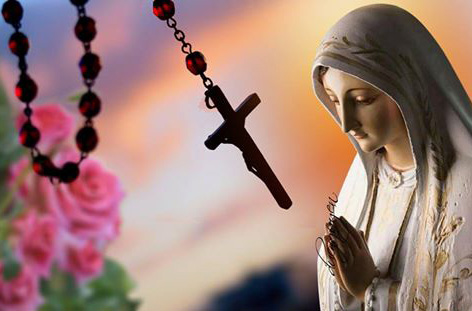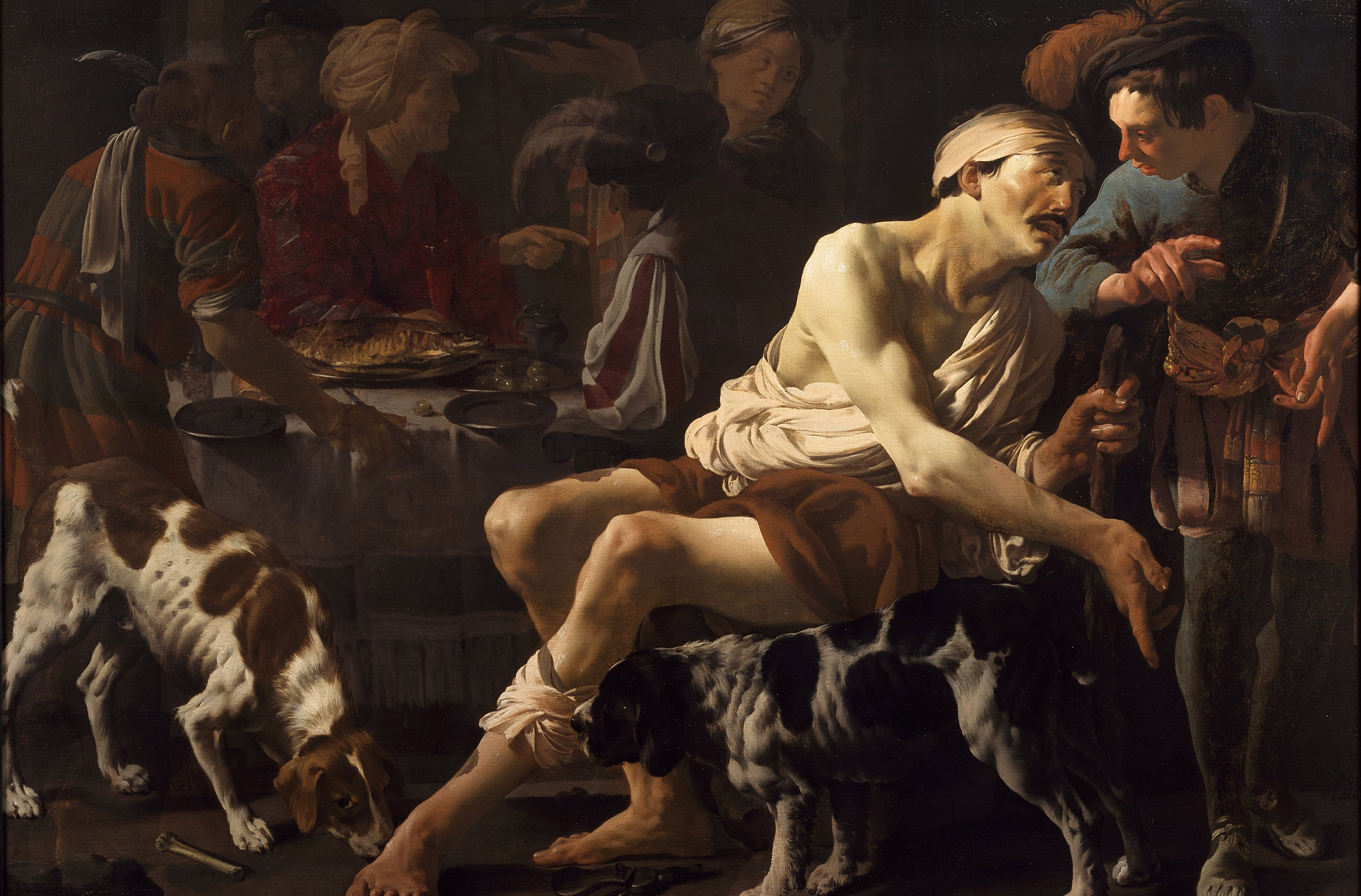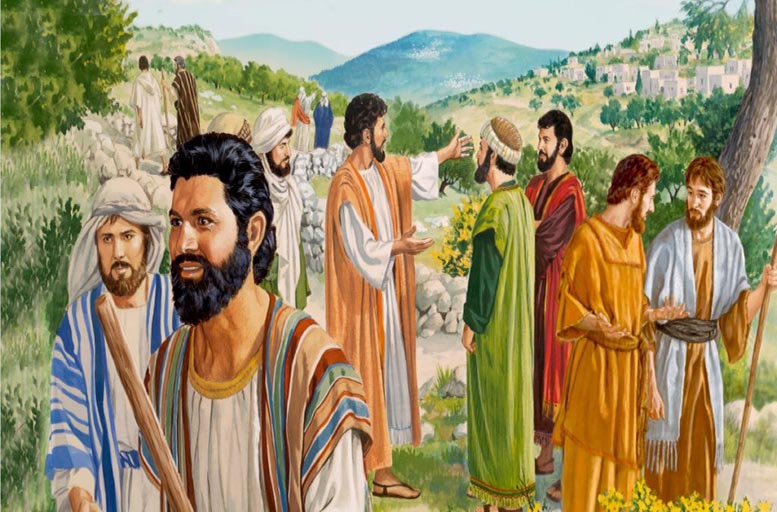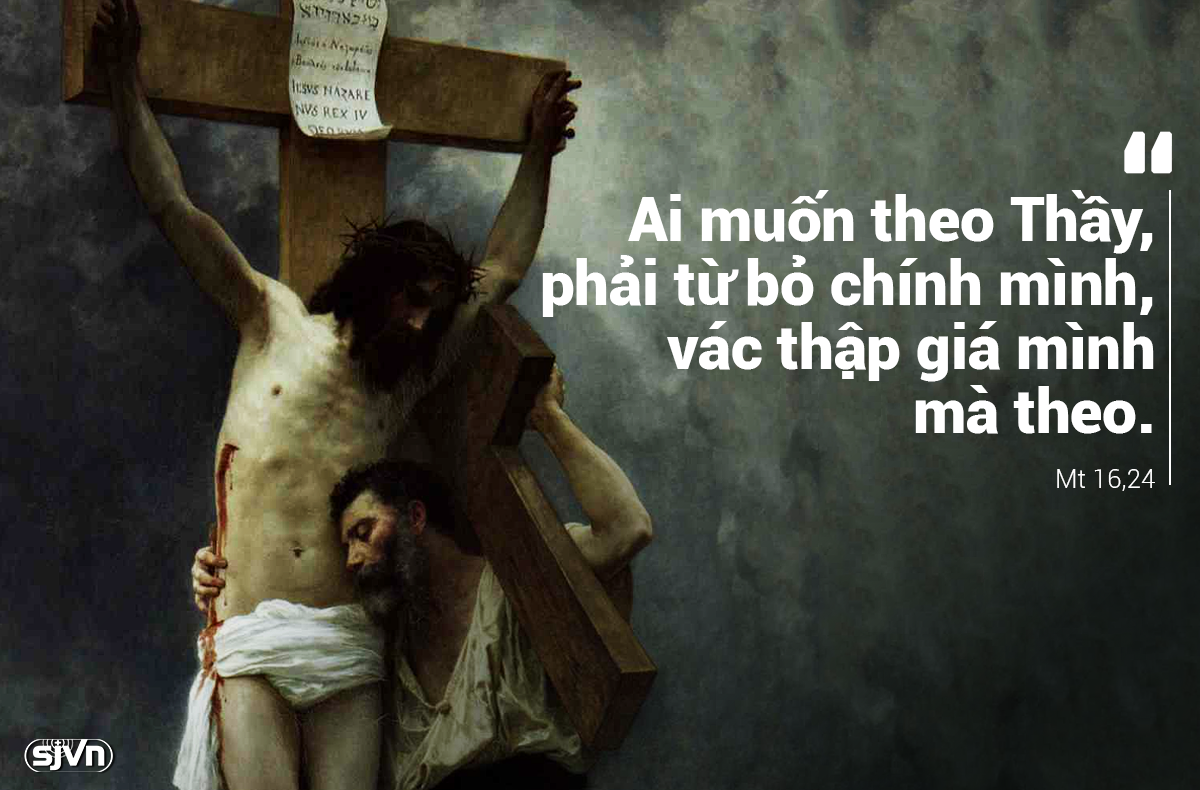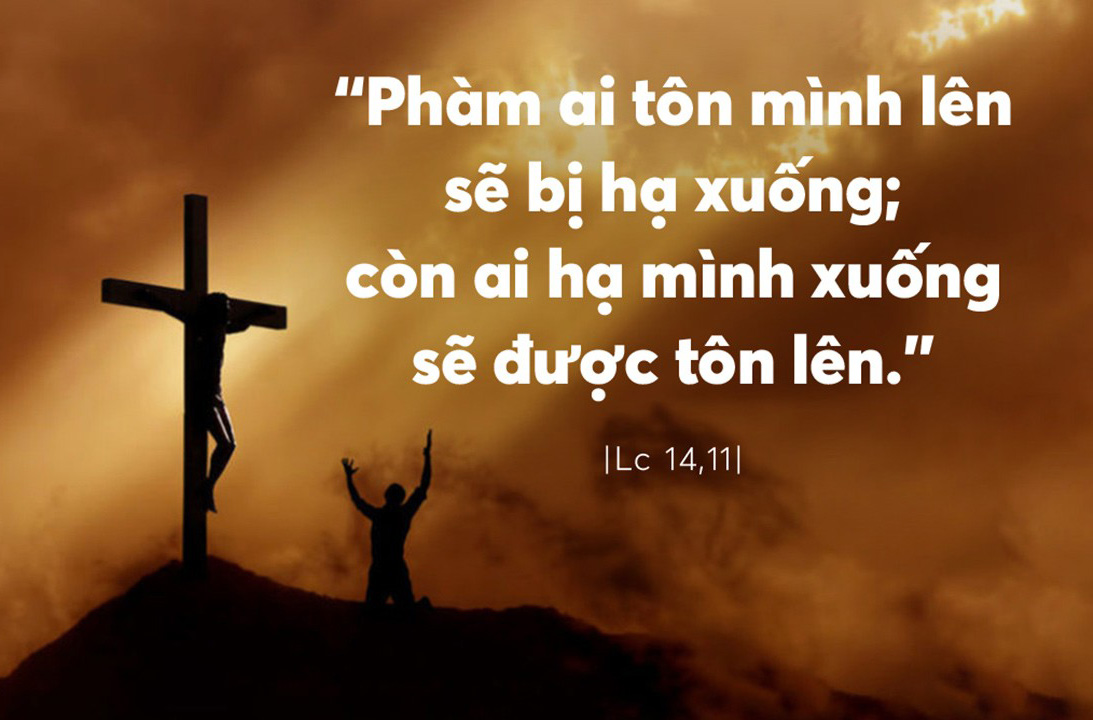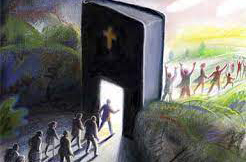Reflection
23rd Sunday in Ordinary Time | Year C
Luke 14:25-33
Great crowds accompanied Jesus on his way and he turned and spoke to them, "If any man comes to me without hating his father, mother, wife, children, brothers, sisters, yes and his own life too, he cannot be my disciple. Anyone who does not carry his cross and come after me cannot be my disciple.
And indeed which of you here, intending to build a tower, would not first sit down and work out the cost to see if he has enough to complete it? Otherwise, if he laid the foundation and then found himself unable to finish the work, the onlookers would all start making fun of him and saying, ‘Here is a man who started to build and was unable to finish.’ Or again, what king marching to war against another king would not first sit down and consider whether with ten thousand men he could stand up to the other who advanced against him with twenty thousand? If not, then while the other king was still a long way off, he would send envoys to sue for peace. So in the same way, none of you can be my disciple unless he give up all his possessions.”
Reflection
Among the great crowds which accompanied Jesus there must have been a number of people who were there for the excitement rather than because they were truly interested in what he was saying. These words from Jesus would have brought their accompaniment to a halt. Jesus set out very bluntly the commitment needed to follow him as a disciple, and gave them the examples of the man building a tower and the king with the army to indicate they should weigh up the cost of discipleship carefully.
The challenge Jesus issued to the crowd leads to a stark question about identity. “Who am I without my family and my possessions?” may well have been the panic-induced response in the hearts of those who heard what he said. In the 21st century, family includes networks of friends, and possessions include careers. “Who am I without all these things?” is a frightening question for us as it was for the people in the crowd accompanying Jesus.
Careers, family, possessions, friends are all part of the “nest” we build to give ourselves security and some certainty in a changing and sometimes unpredictable world. Our nest defines our comfort zone, and on the whole, nests are good for us and for society. But sometimes without our realizing what is happening, the structure we have built becomes restrictive rather than life-giving. We may be confined within it in a way which limits our potential or our gifts. It may be killing our dreams or our personal growth. Instead of being a nest which supports, it may have become a net which entangles and constrains. It may be preventing us being the disciple whose heart hears Jesus and responds with joy.
Discipleship takes work and commitment. Rather than leaving family it may mean sorting our relationships so they are life-giving rather than draining for us and others. It may mean learning to distinguish wants from needs, because our wants can drive our lives and careers as much as they drive the acquisition of possessions. It may mean responding to challenges rather than settling for what is easy and comfortable.
One of the best throwaway lines of the decade is “Get a life!”. When we are entangled in unhealthy relationships or sinking under the weight of possessions or career, we can’t respond to the call to be disciples. In those circumstances we don’t have a life; at least not the kind of life that Jesus told us he wants for us when he said: “I have come that you may have life, and have it to the full.”
The challenge to be a disciple is a challenge to get a life.
The List of Contributions Received by Caritas Vietnam
1. The list of 2024 contributions to the Caritas Vietnam general charity fund
2. The list of 2023 contributions to the Caritas Vietnam general charity fund
Latest project information
Copyright © 2018 by COMMISSION on CHARITY and SOCIAL ACTIONS - CARITAS VIETNAM
Total visits: 24,901,908


